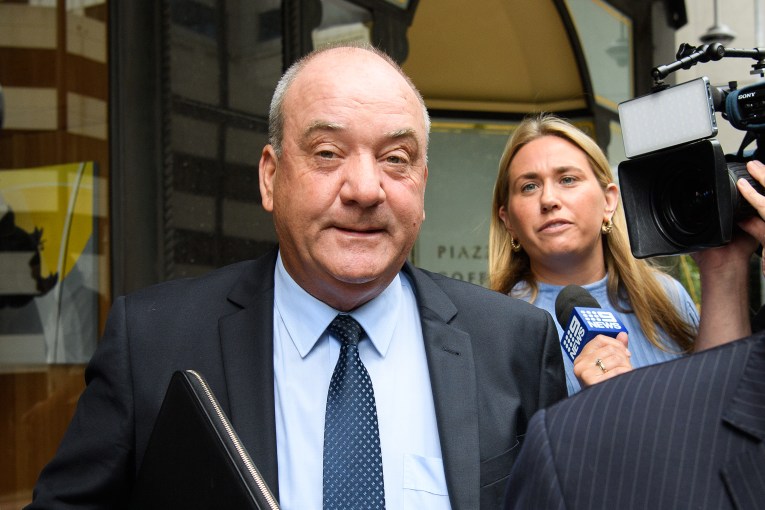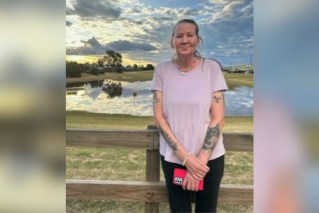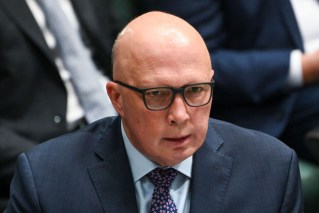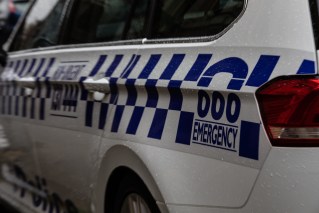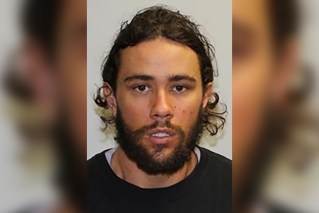Weddings return to NSW, as Premier tells Australia to get ‘perspective’

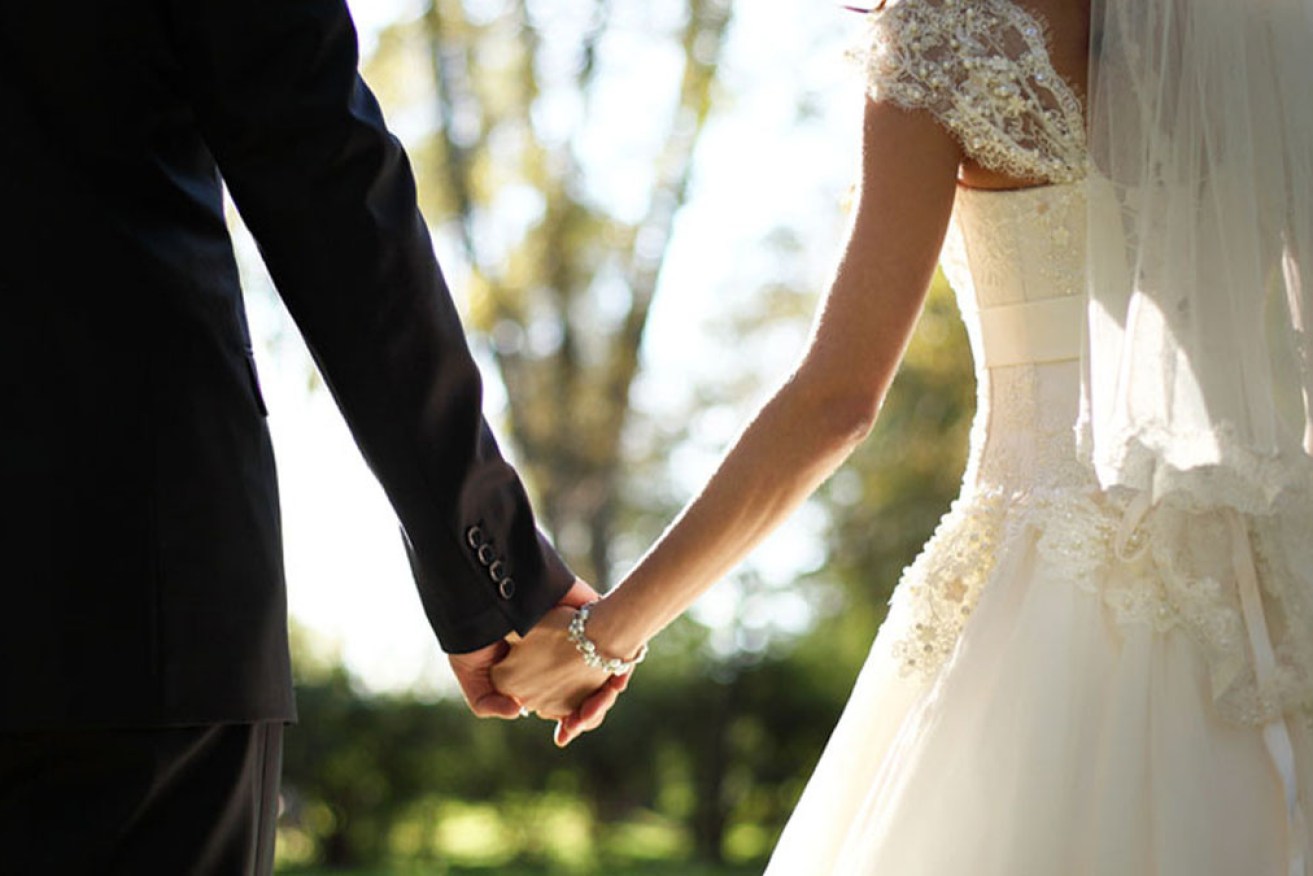
Small weddings will be allowed in NSW from Friday. Photo: Shuttershock
Betrothed New South Welshmen (and women) will finally be allowed to say ‘I do’ as health authorities relax restrictions around weddings.
There are still plenty of rules to follow though, including where the ceremony can be held and who can show up.
From Friday, small wedding ceremonies will be allowed. But those hoping to celebrate with a reception afterwards will be disappointed as that is still banned.
Choosing a venue? If it’s currently open for funerals, it can also be used to get married in.
Couples can also hold their service outside, but not inside a private home.
There’s a limit of five guests, in addition to the wedding party – which includes the two people getting married, two witnesses, the celebrant and someone to film the occasion.
And prepare to whittle down that guest list, with these strict rules on who can attend:
- Those from Greater Sydney can’t attend a service outside of Greater Sydney for any reason
- Those who live in regional NSW can only attend nuptials in Greater Sydney if they are part of the wedding party or the parent, child or sibling of a bride or groom
- The same rule applies if the wedding is being held in a hotspot and the person lives in Greater Sydney, but not in a hotspot
- Or if they live in a hotspot and want to leave the area to attend the wedding
‘No way to live’: Premier
The decision to allow wedding ceremonies comes as NSW Premier Gladys Berejiklian calls on the rest of Australia to get some “perspective”.
The state reported 1288 fresh local COVID infections on Thursday and seven more virus deaths.
With 70 per cent of the state now at least half vaccinated, the government has offered its vision for a “COVID normal” world.
Ms Berejiklian called on her interstate counterparts to “put things into perspective”, noting COVID-19 cases, hospitalisations and deaths will decline once Australia achieves high vaccination coverage.
She said while the disease won’t be eliminated entirely and will become endemic, the damage caused by a “COVID zero” approach will ultimately outweigh the benefits.
Ms Berejiklian also announced that Sydneysiders living in the 12 local government virus hotspots would be allowed unlimited time outdoors to exercise between 5am and 9pm.
The minor easing is because NSW has doled out more than seven million jabs – with double-dose coverage expected around mid-October.
This milestone will trigger a significant lifting of restrictions for the fully vaccinated, with further restored freedoms at 80 per cent coverage.
At 70 per cent double-dose coverage, vaccinated people can expect to go out for a meal and attend public events.
With extended lockdowns across NSW, Victoria and the ACT, Ms Berejiklian has reiterated that no Australian state or territory would remain COVID-free in the long term.
She said the most prudent course was to rapidly vaccinate the population against the virus and then re-establish Australia’s connections with the world.
“Of course reducing the mortality rate and increasing vaccination is key, but we also have to put things into perspective,” she said.
“The sad reality is outside of a pandemic, we lose between 600 and 800 people every year to the flu.
“Nobody likes to talk about this because it is confronting but we have to get back to living life as normally as possible, knowing that COVID is among us.
“At the moment there are eight million (NSW) citizens who do not have a choice in how they spend their free time, who do not have a choice about what they can do when they leave their homes.
“That is no way to live.”
There are 957 COVID-19 patients in NSW hospitals, with 160 people in intensive care and 64 ventilated. Despite union and healthcare worker concerns, the government insists the system won’t collapse under the increased demand.
Private health provider Ramsay Health Care said that 350 of its staff were working in NSW vaccination centres, health accommodation and public hospitals to help the overall effort.
All Ramsay hospitals in NSW have offered to accept patients to free up space in public hospitals, including in cardiology, geriatrics and gastroenterology.
An additional $3.9 billion in lockdown relief funding has also been announced, including $1.5 billion from the federal government.
-with AAP
